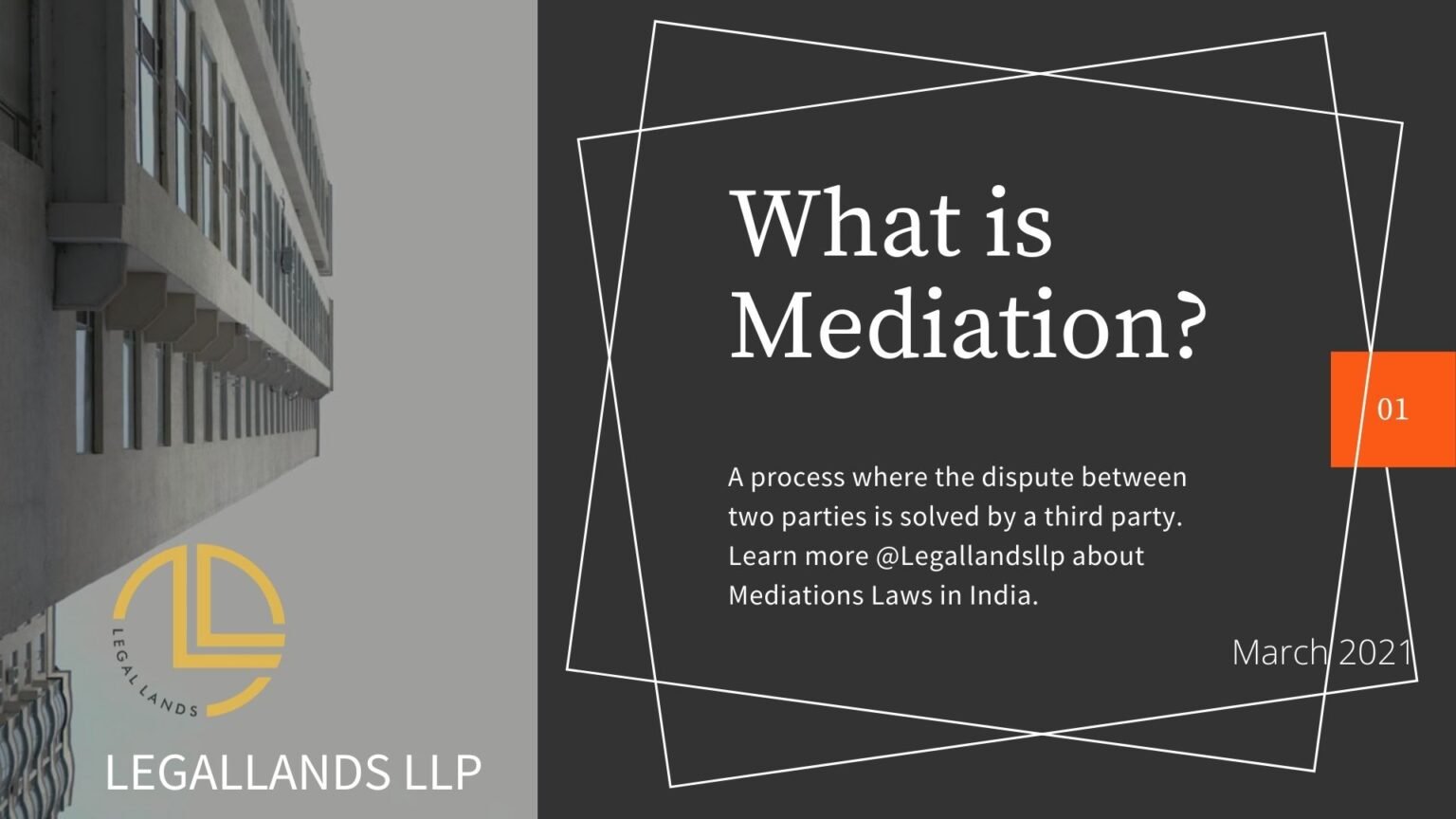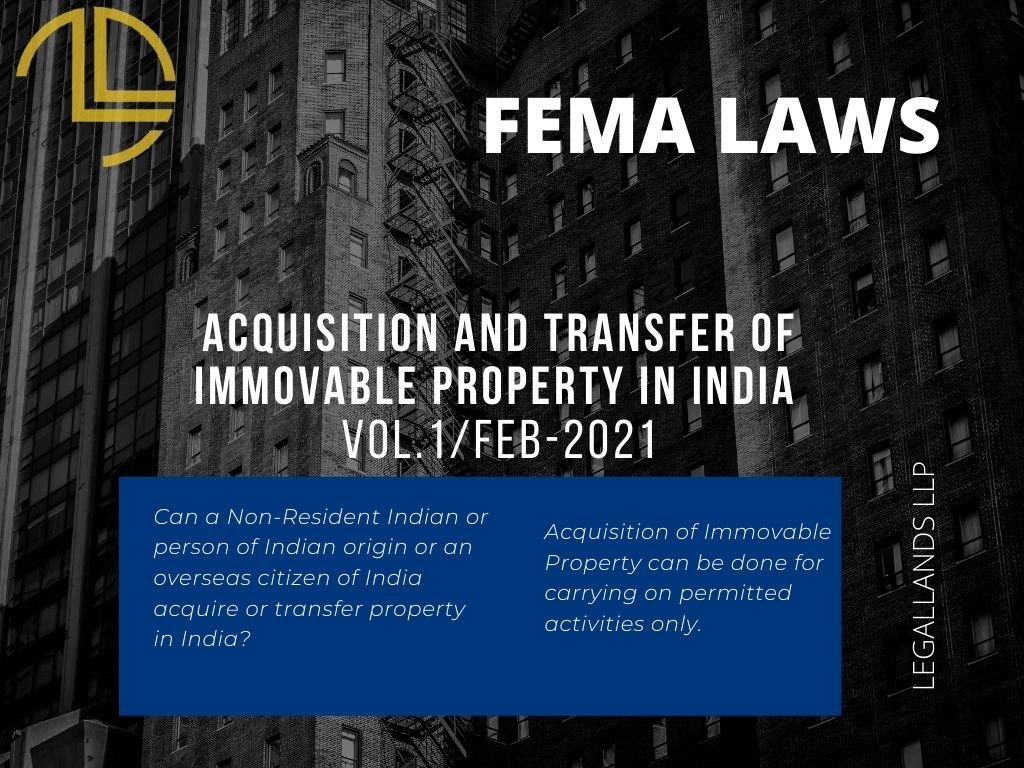Mediation is a process where the dispute between two parties is solved by a third party. The mediator, to solve a dispute that has brought up a lawsuit between them. Mediation Law is an alternative dispute resolution process mediation Characteristics & Types
It has developed with the passage of time and has become a widely accepted mode of dispute resolution. With the increase of lawsuits and lengthy processes, parties tend to opt for the option of mediation to solve their disputes.
It is a more suitable process because it is a voluntary process. Sometimes, it is directed by the courts too to solve the dispute in a mediation process if the court finds it fit for the matter to solve the dispute out of the court.
What are the Characteristics of Mediation?
- The communication taking place between the parties.
- Between the parties and the mediator remains confidential and cannot be used against proceedings of a court or elsewhere.
- The costs involved in conducting a mediation are comparatively very less to that of court proceedings.
- As the proceeding of mediation involves less time in conducting and concluding the proceedings thus, it saves a lot of time and money.
- When the dispute is resolved through mediation then it helps avoid the lengthy and strict procedures of the court.
- It improves communication between parties so that the reason for the dispute can be deeply analyzed and resolved.
- In mediation, there is greater control of the parties in the proceeding as the parties hold the power over how the mediation will proceed further.
- When the dispute between parties is resolved through mediation, then the relationship of the parties remains intact as the process of resolving the dispute is more personalized.
- The process of mediation helps in identifying core problems and helps resolve them.
What are the types of Mediation?
The types of mediation are as follows:
- Facilitative Mediation is the traditional form of mediation. In this process, the mediator does not make recommendations and allows the parties to resolve their problem. The mediator understands each other’s dispute to the core and resolves it. The goal of the mediator is to help the parties to reach a solution voluntarily.
- Evaluative Mediation: This is completely the opposite of facilitative mediation. In this form of mediation, the mediator plays an active part in resolving the dispute between the parties. The mediator makes recommendations to the parties and helping the parties to arrive at a solution to their dispute.
- Court-mandated Mediation: It is basically a court recommendation for the parties to solve their dispute through mediation. The parties are referred to the Mediation process only when the court finds that the matter is such that can be resolved through mediation.
- Transformative Mediation is where the mediator encourages the parties to the dispute to resolve their dispute by understanding their conflict and empowers them to understand each other’s needs and come to a conclusion to the problem.
- Med-Arb: means ‘Mediation-Arbitration’ hybrid which involves a trained neutral third party to resolve the disputes between the parties. It involves the process of hearing the parties and their testimonies similar to that of arbitration and writes an award but keeps it from the parties. The mediator tried to mediate the dispute between the parties. Then reveals the previously determined award if the parties agree to go with the award decided by the med-arb mediator.
What are the Services Provided by Legallands?
Here are the following services are provided by Legallands:
- Mediation Consultancy
- Conflict Coach
- Mediating lawyer
- Online Mediator.
Contact the Best Mediation Lawyers, Best ADR Law firm in Delhi, LEGALLANDS LLP will help you with all the matters relating to Mediation, ADR, FEMA, FDI, Corporate & Commercial, Family Law, IPR, International Trade & Tax, Other Advisory Services and Business Setup advisory in India and Abroad. Contact today at +91 11 46045777 or connect@legallands.com






